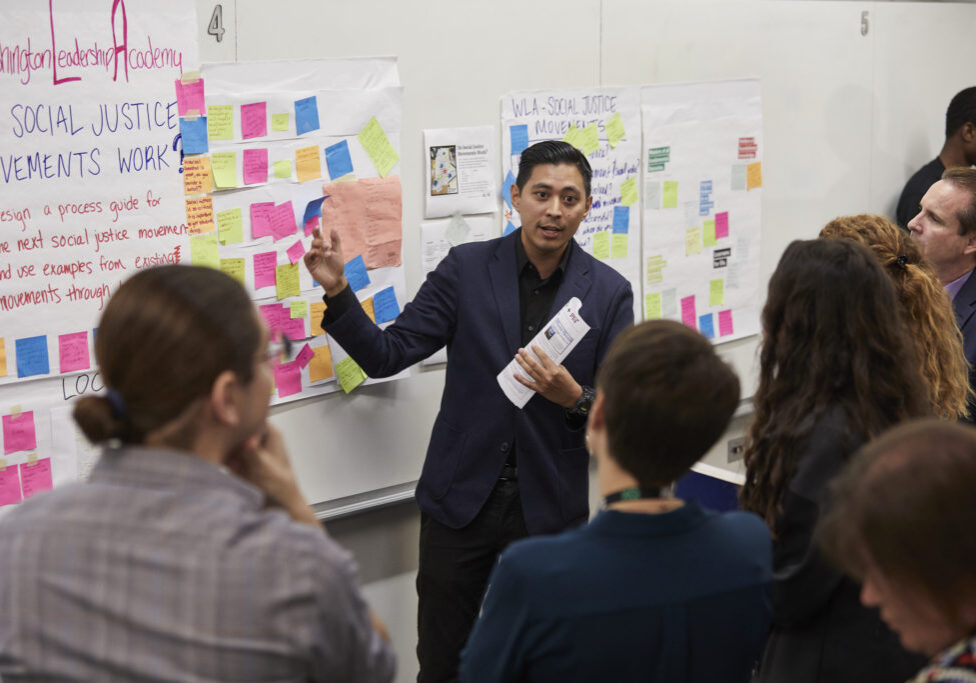Our mission is to expand access to calculus education in lower-resourced high schools across the country by empowering educators and high school learners with scalable, cost-effective support.
Active Projects
The Scheller Teacher Education Program and The Education Arcade explore the playful side of the learning process. Our research-driven design results in games, tools, and curricula that support playful, exploratory learning. These are our currently active projects
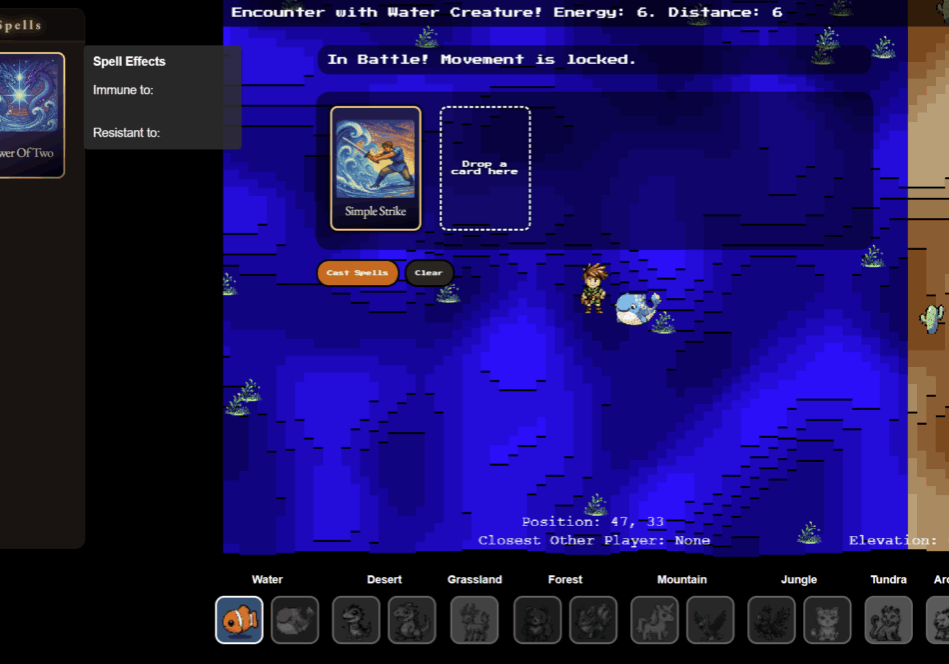
AI Supported Game Based Learning
We are in the early stages of developing AI-supported learning games that use AI to support reflection, abstraction and personalization of learning.
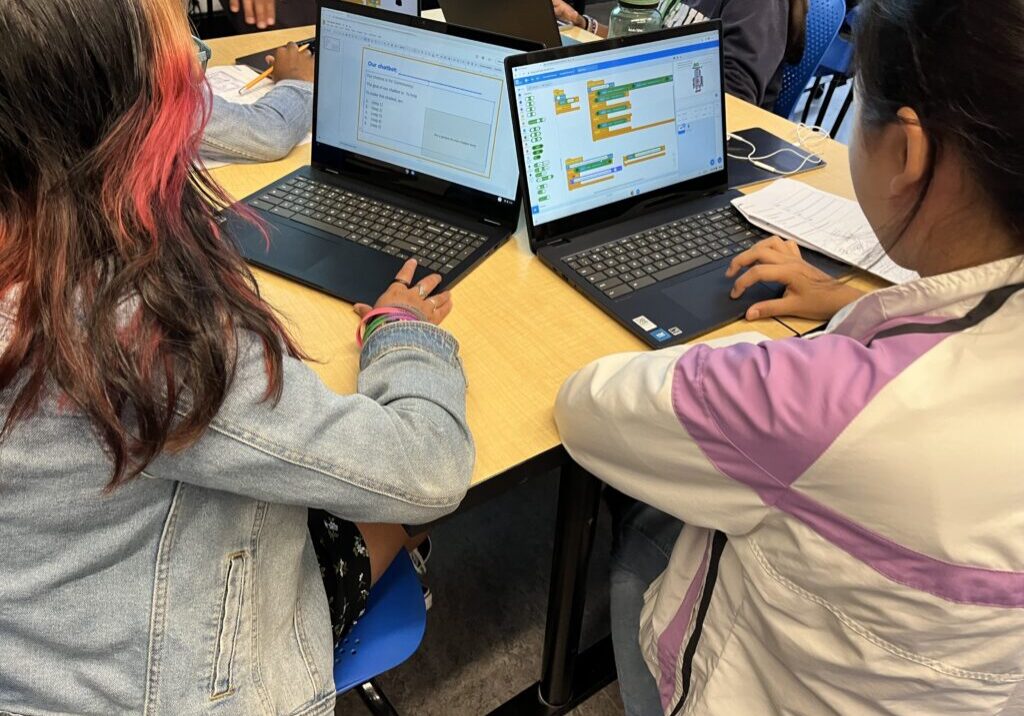
Collaborative AI for Learning (CAIL)
Researching and Designing AI Integration tools for Group- and Inquiry-based Learning
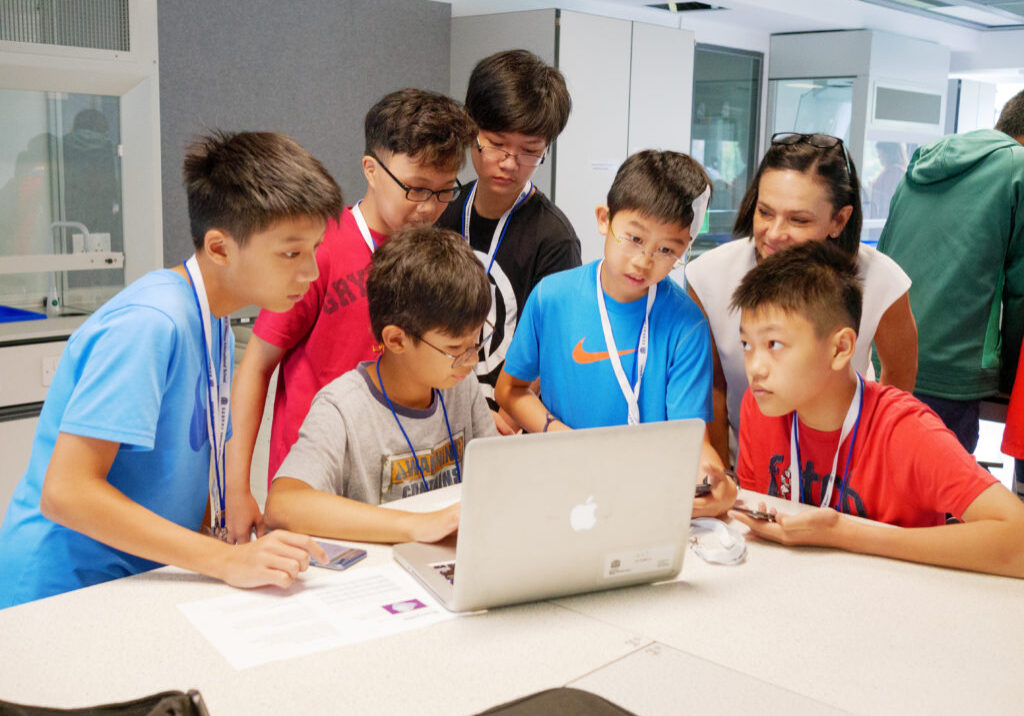
DC-Models
This project is an RPP with the DC school district to integrate computational modeling into their high school science courses, build capacity and train teachers to teach these units, and do research on longitudinal impact on students
(Collaborative project with DCPS and Salem State University)

RAICA-Responsible AI for Computational Action (a RAISE Project)
The STEP Lab is collaborating with MIT RAISE to design the Responsible AI for Computational Action (RAICA) curriculum. Responsible AI for Computational Action curriculum is project-based learning modules that prepare middle school students to be informed consumers and ethical producers of artificial intelligence (AI). At its core, the curriculum aims to be socially impactful, empowering, creative, and inclusive for students and teachers, with learning objectives that focus on increasing students’ capacity and develop their ability to use artificial intelligence, design thinking, ethical frameworks, and computational thinking to design thoughtful solutions to real problems.
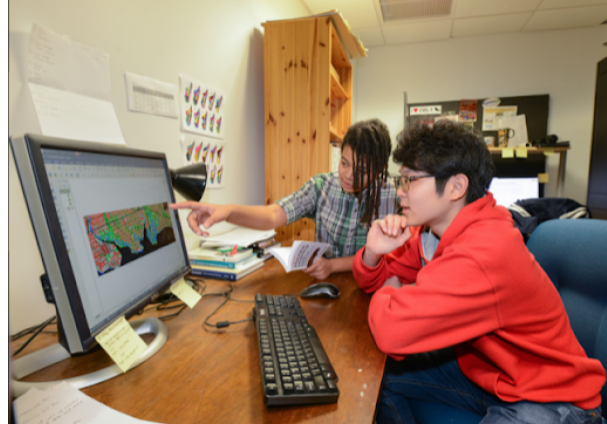
Preparing High School Students for Endeavors in Machine Learning (SRMPmachine)
MIT STEP Lab partners with American Museum of Natural History to offer AI education to underserved youth in NYC.

Tragedy of the Commons (PSim)
Tragedy of the Commons (ToC) is a Psim game about economics and population biology.
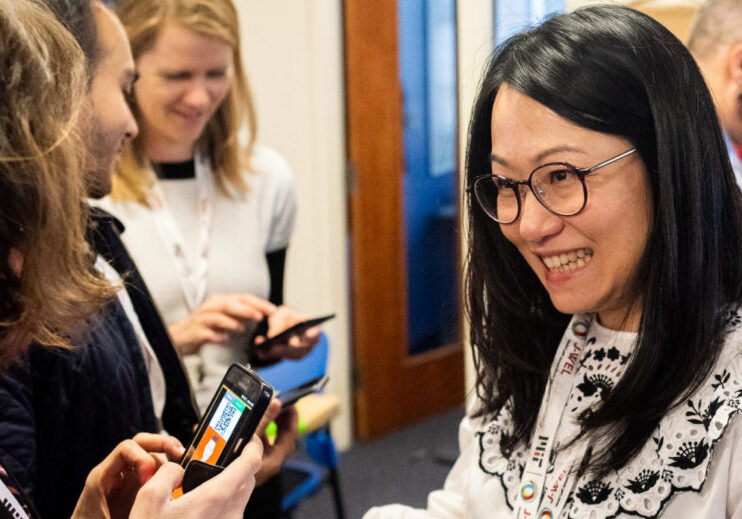
Virus Game (PSim)
Players draw on each other’s observations to develop a hypothesis and agree on an experiment to conduct.

